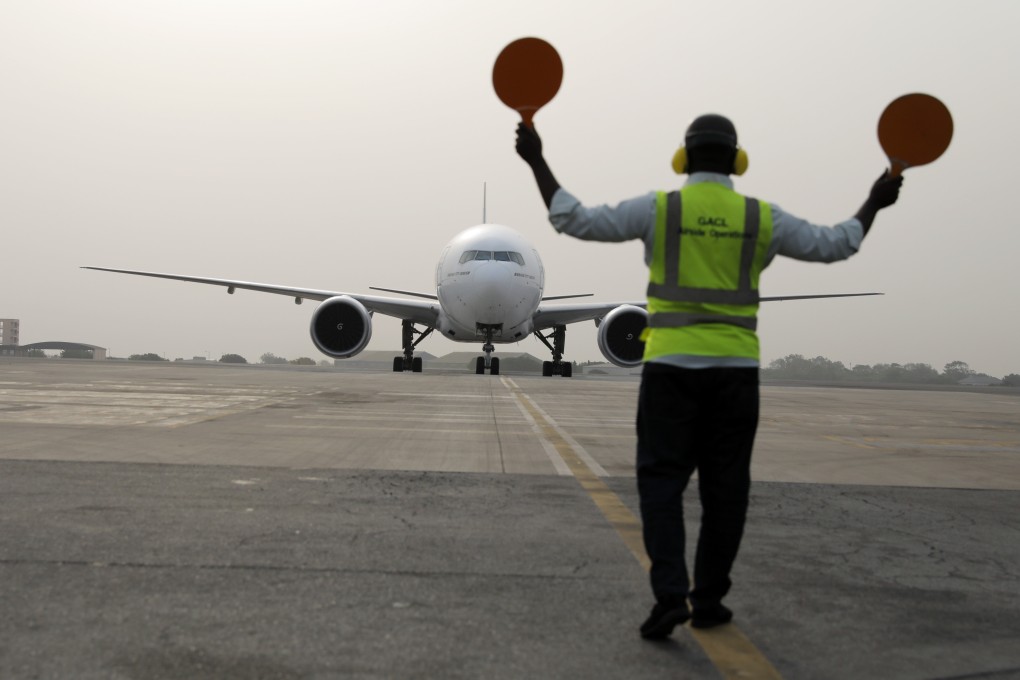Outside In | If the world’s poor lose the race for Covid-19 vaccines, we will all pay for it
- Research shows the cost of providing vaccines for all is much lower than the price we would have to pay for failing to contain the virus
- Yet reports tracking procurement show that rich nations buy much more than they need, while the poor struggle to get enough

Rising inequality, both within economies and between the world’s richest and poorest nations, has aroused mounting concern since the global financial crash of 2008. So it is not really surprising to discover that the global pandemic – and the rush for vaccine protection – is twisting the inequality screw even more tightly.
Research from Duke University’s Global Health Innovation Centre shows that Canada, with a population of just about 38 million, has confirmed purchases of 338 million vaccine doses. Assuming everyone in the country will need two doses, that means they have almost five times more vaccines than they need. I’m perplexed. Where is the logic of such an extravagant vaccine grab?
The UK, with 457 million vaccine doses purchased, has 3.4 times more than its population will need. The EU and the US, with a combined 3 billion doses ordered, have enough to vaccinate their populations twice over.
As Jonathan Wheatley noted in the Financial Times a month ago: “While the UK aims to offer coronavirus vaccinations to all adults in Britain by September, in many parts of the world it could take as long as three years to inoculate the population, during which time the virus will continue to circulate.”
With a total of 8.2 billion vaccine doses purchased worldwide, Duke University’s data shows that the world’s high-income countries – which account for 16 per cent of the world’s population – have captured 4.6 billion of them, or 56 per cent.
